Buying a house in retirement
Are you planning to downsize, move closer to family, or relocate to your dream retirement destination? While changing homes is typically associated with younger adults, many seniors are making the decision to buy a home in retirement. However, buying at 65 isn’t quite the same as buying at 30. Here are some things you need to consider.
Buying vs. renting in retirement
Are you certain you should buy your next home? Seniors on a tight income benefit from the predictability of renting. You might see small rent increases, but you won't have to worry about an unexpected roof repair destroying your budget. And if you’re selling a mortgage-free home but haven't saved enough for retirement, renting allows you to invest your home equity for retirement cash flow.
But, financially secure seniors often prefer to buy. Not only does homeownership give you stronger ties to the community, but it also lets you decorate and remodel however you want. That's an important benefit for older adults who may need to undertake some aging-in-place remodeling. And as a homeowner, you still have the ability to tap into your home's equity for any expenses.
Mortgage options for seniors
Some seniors prefer to fully pay for their home for peace of mind. As long as you're not tying up all your money in a home, there's nothing wrong with paying cash, and it makes you a more competitive buyer in a seller's market.
However, buying a home debt-free isn't necessary. Buying with a mortgage keeps assets liquid for retirement spending, and you can qualify for a competitive mortgage even in retirement. The Mortgage Reports explains how mortgage approval works when you're no longer working.
It’s a good idea to check with your bank or credit union to see if mortgage insurance is worth the cost of premiums. Like any insurance, it is good to have if you are risk averse and there will be a partner left behind after a death. However, buyers with enough equity to put 20 percent down on a home could do so and avoid paying mortgage insurance.
Selling your home
In order to buy your new home, you need to sell the old one if you’re currently an owner. Before putting your home on the market, make an honest assessment of its condition. Have you kept up with home maintenance and made the energy-efficient improvements that today's buyers have come to expect? Is your home decorated to modern tastes, or has its appearance changed little over the decades?
A little effort makes a big difference in how long your home sits on the market. Homes with lapsed maintenance and outdated features sell more slowly and for less than modern, updated homes. A quick sale is important when you're buying and selling at the same time, so it may be worth investing in a certain amount of home improvements before listing. But do check with a realtor; don’t waste your time and money if it buyers might only want it for the land.
Finding an aging-friendly home
Buying a home for your senior years requires careful searching — the wrong purchase could force you to move again in several years if your mobility changes. If you're shopping for a forever home, search for houses that can take you through every stage of seniorhood. At minimum, a home intended for aging-in-place should allow for complete first-floor living, ideally have a step-free entrance, doorways wide enough for a wheelchair and be located near public transit and community resources.
Buying into a 55-plus community is a good fit for some retirees. These homes are designed for aging in place and frequently provide conveniences like yard care. However, be wary of high association fees. Such dues could push a home that seemed affordable over your budget.
Hiring help
Senior homebuyers face a lot of challenges that younger buyers don't. Not only are there unique financial considerations in retirement, but older adults have to cope with new physical limitations. Make room in your moving budget for professional helpers. In addition to real estate agents and moving companies, older buyers can turn to senior moving services for convenient start-to-finish help during the moving process.
Shopping for houses probably isn't what you imagined you’d be doing in retirement, but for many seniors, buying a new home is the first step toward increased financial freedom. As long as you take the right steps to prepare and shop carefully, retiring to a new home can be a great decision.
Learn more about What to look for when buying a home, how to choose the right neighbourhood, the top 10 things homebuyers are looking for, and everything you need to know about sustainable green building at Ecohome, North America's green building website.
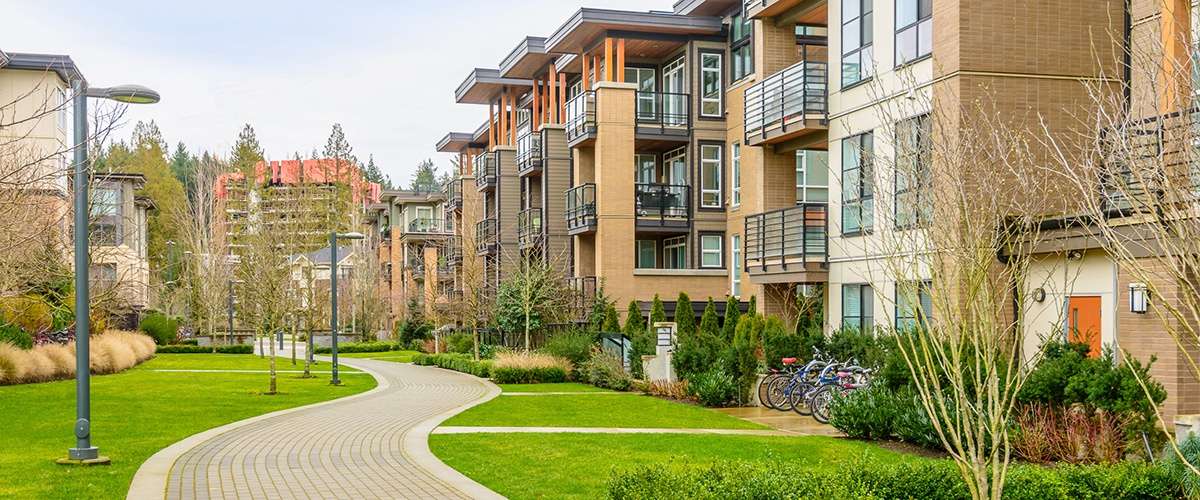














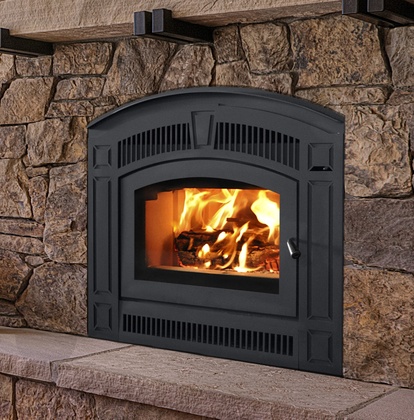







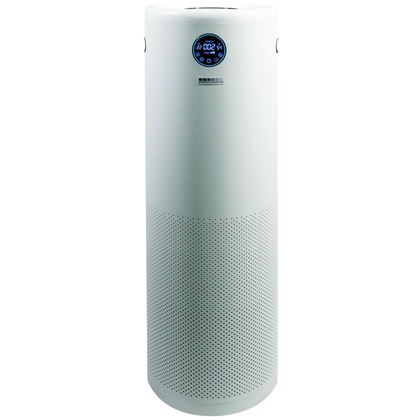


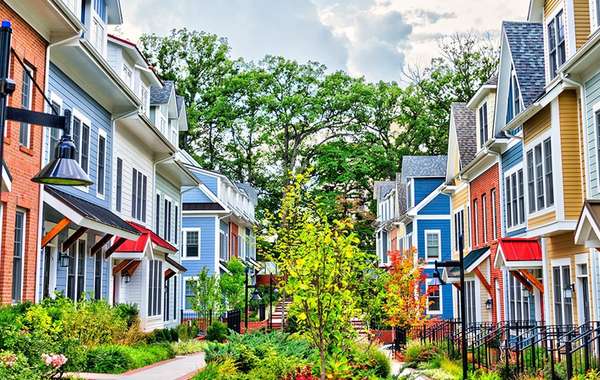

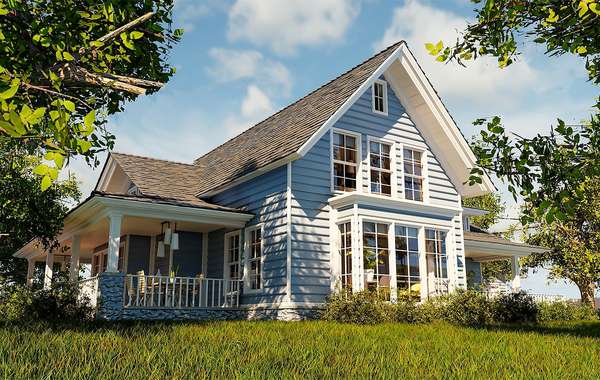
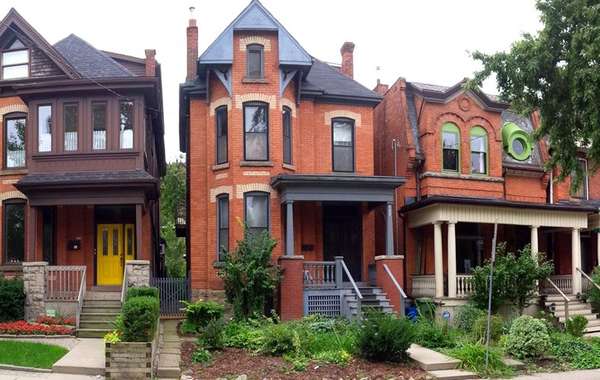



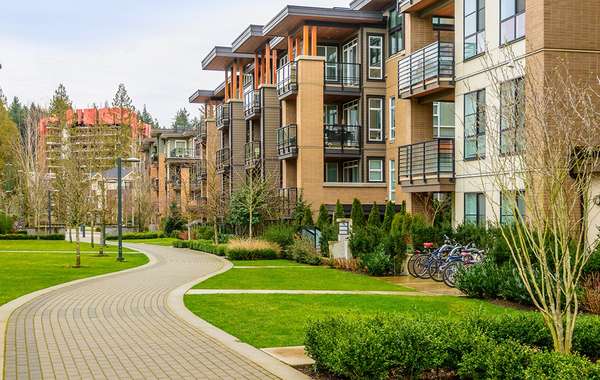
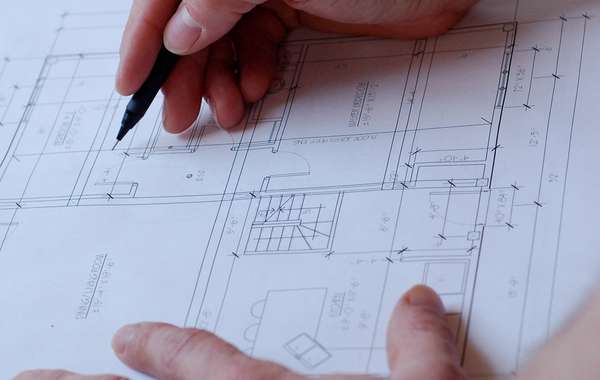
Thanks for sharing this kind of useful information about senior living options.
Very happy to hear it is of value, thanks for sharing. This article was written by a senior, but we know he would be pleased to see any additions added here if you or anyone has other tips that may not have been included.